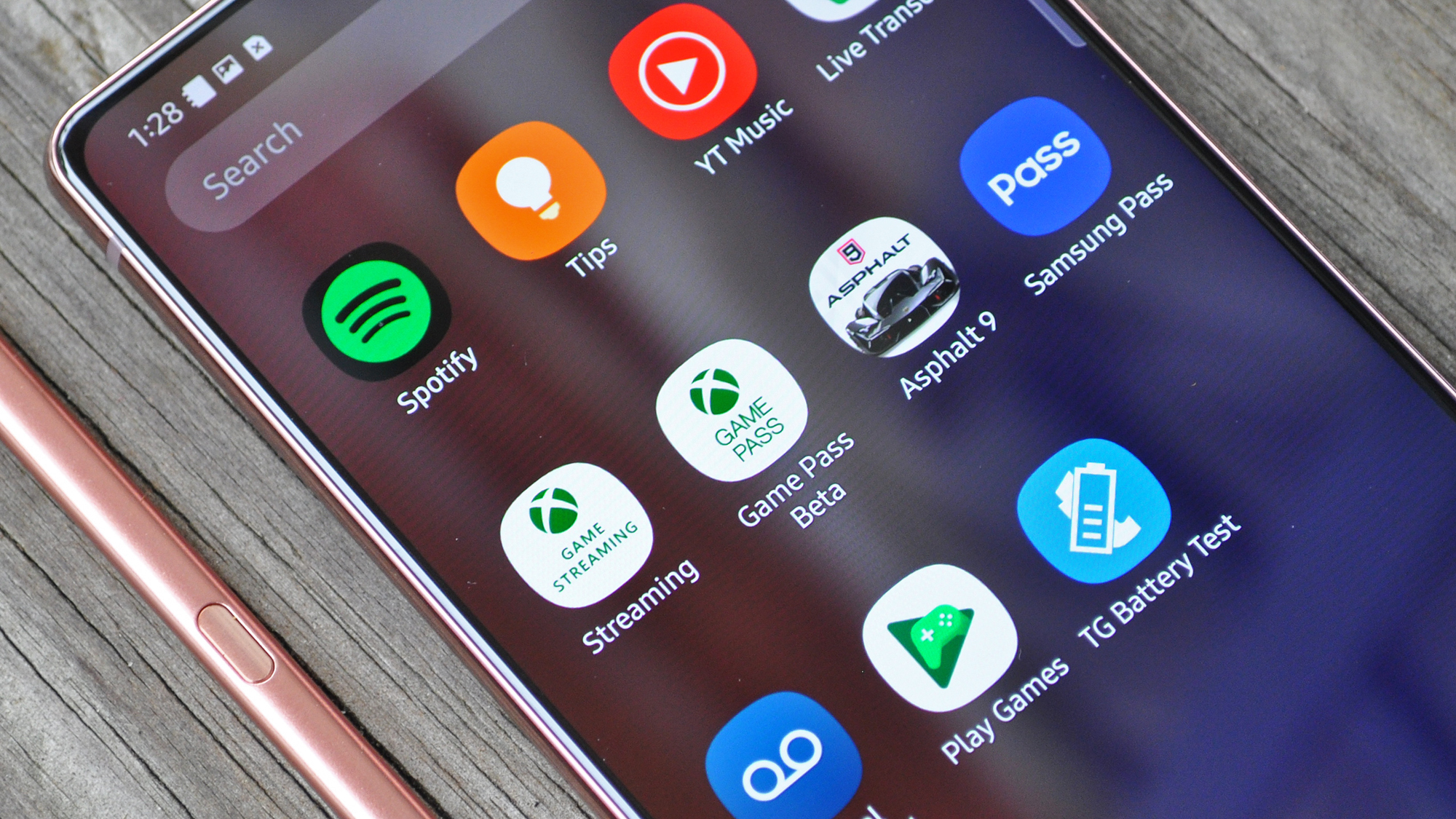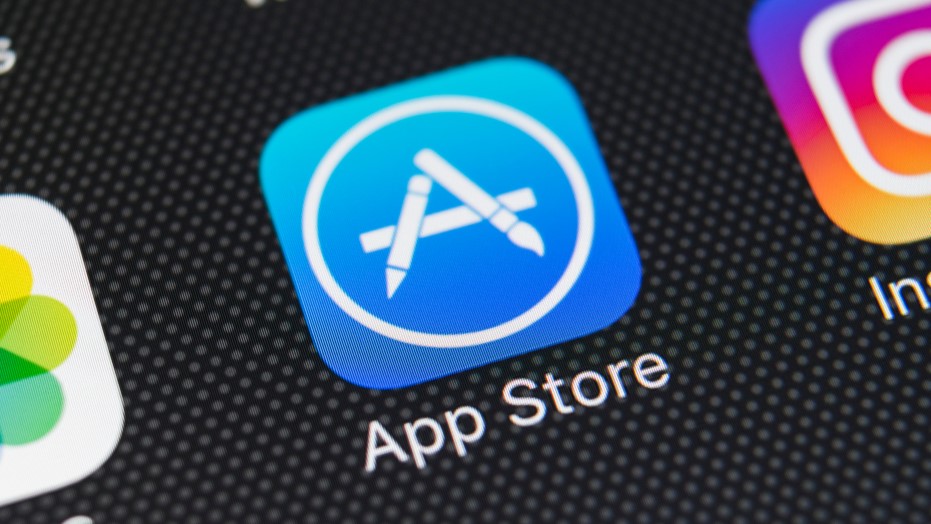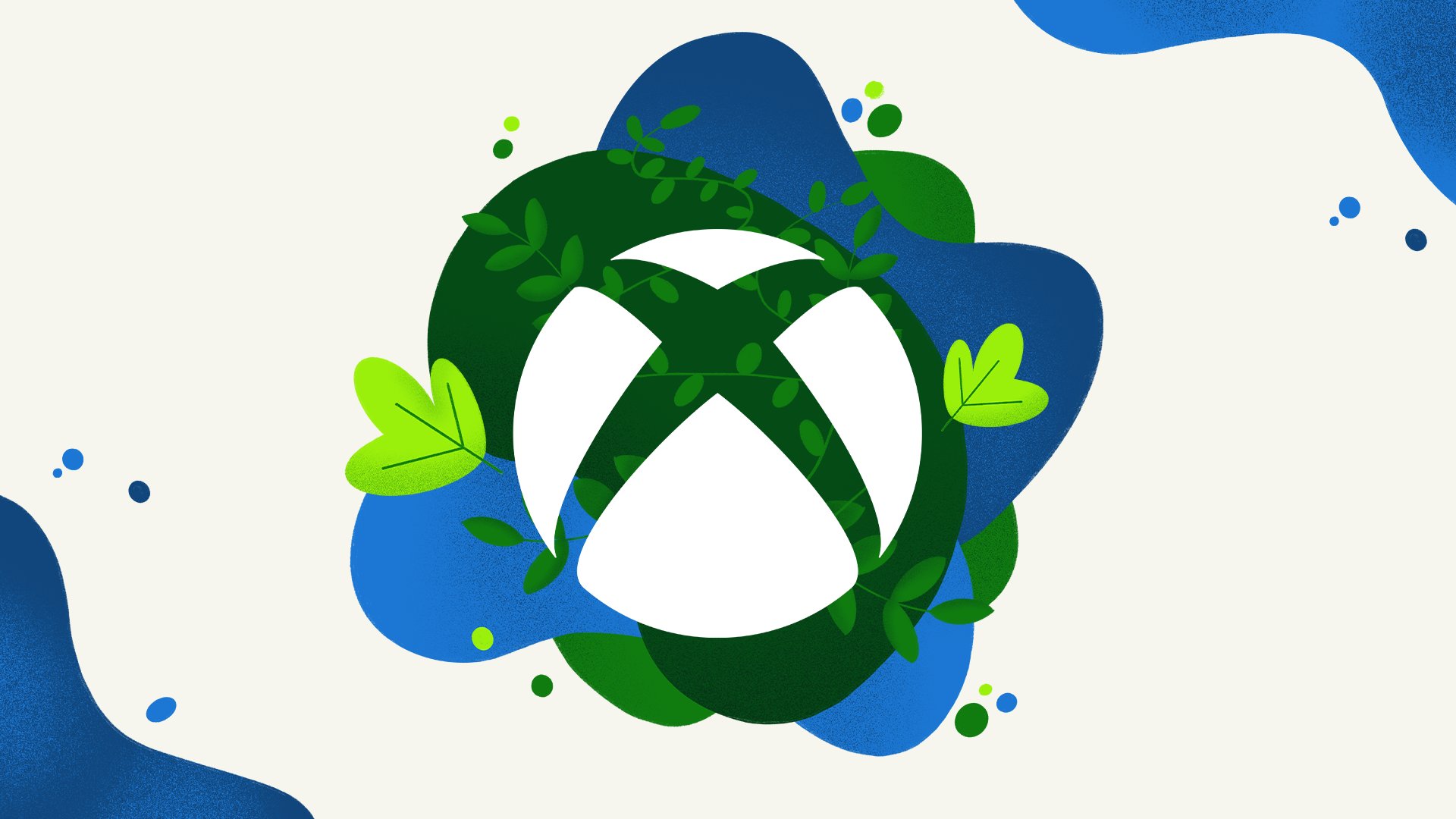The Xbox App Store could be just the competition that Apple and Android need
Xbox could spur Apple and Google Play to up their game

Microsoft could be planning to launch an Xbox mobile games store, at least according to recent comments from Phil Spencer, who heads Microsoft gaming. And while we don’t know what form such a store would take, we can make at least two assumptions — it will likely be some variation of Xbox’s subscription-based service, Xbox Game Pass, and it could provide some needed competition for both Apple’s mobile app store and Google Play.
The concept of a dedicated gaming app on a phone isn't a new one. Both PlayStation and Xbox have companion apps available on Android and iOS, but they're limited to social functions like chats and sharing gaming clips. A true Xbox app, like the one hinted at by Spencer, would let players download their games to their phones and play them as if they were on the console itself.
While there’s a lot to still learn about Microsoft’s plans for an Xbox Mobile app store, the potential launch could be a good thing for both consumers and the mobile market as a whole.
The limitations of app stores

Until recently, both Apple and Google labored under the idea that there would be no third-party app stores on their devices, though regulatory moves may change that. Specifically, the EU's Digital Market Act allows users to install third-party apps without using the app store tied to their devices. Rumors suggest Apple may open up the iPhone to third-party app stores, at least in Europe.
That said, there is no current rule that makes this mandatory outside of European markets. However, considering the power Microsoft has and the difficulty in having different sets of rules for the same phone in different parts of the world, it isn't much of a stretch to think that both Apple and Google would allow certain third-party app stores to be installed on all phones.
There’s an argument to be made over why Apple exerts such heavy control over what you can install on one of its phones, and it can be summed up by concerns over quality control and security. But one of the biggest complaints I’ve heard over the years from iPhone and Android users is that quality control doesn’t extend to advertising.
A lot of apps misdirect — and even downright lie — about what they offer users. For instance, games like Top War will show players engaging in activities that are not in the real game. This is especially prevalent on sites like TikTok where ads promote gameplay and experiences that no player will experience. This fictitious gameplay is then repeated on the app store's page, which feels like it validates the lie.
Another common complaint concerns the approach some free-to-play games take with in-app purchases that are supposed to speed up your progress in the game. The items you need to buy — usually crystals — give the impression of constant progress and have been known to use predatory micro-transaction policies that can cause people serious financial issues.
This problem, especially on phones, has become so commonplace that even big franchises like The Simpsons or Family Guy have engaged in them. Apple and Google have occasionally stepped in to try and minimize the issue. However, it is not their focus currently as the customer base has no other option. Perhaps added competition from the likes of Xbox can change that.
Why Microsoft would be a breath of fresh air

I want to make it clear an Xbox app store does not mean there will be no instant gratification games. For instance, King, the studio that created Candy Crush, is now under the control of Xbox after the Activision deal. Candy Crush could be considered a peak example of this kind of app. Still, the games that are routinely offered on Game Pass which could fit a mobile market such as Vampire Survivor and the Ace Attorney Trilogy avoid this practice. I have confidence that a mobile app store version would emphasize those latter kinds of apps.
If a Game Pass app had enough high-quality games, then customers would turn to it out of preference. This would push Apple and Google Play to focus on more quality products and be less receptive to games that only seek to earn money fast — at least in theory. Customers could simply turn to the better option, even over the stores that are natively on the device.
Another potential benefit to a dedicated Xbox mobile game store on iPhones and Android devices is making the necessary adjustments to XCloud to improve how it functions. Currently, XCloud streams games over a Wi-Fi connection, which leads to frame rate drops and even graphical downgrades in a weak wifi area.
GamePass works slightly differently: it requires the games to be downloaded to the device instead. While it still requires an internet connection, it doesn’t rely on it to run the games, and the quality is controlled by the device itself. This offers a much better service and is usually a much more accessible service.
Ultimately, the real benefit of an Xbox mobile games store available on both iPhone and Android devices would be the introduction of new and exciting types of games. One of the current complaints about gaming is that the mainstream market has a lack of general imagination. Expanding the audience for console gaming could bring new game makers into the mix.
No tech giant is thrilled by the prospect of increased competition, but it’s competition that helps markets grow and improve. Smartphone makers have held something of a monopoly over the app stores, and that has led to some stagnation. The inclusion of one of the largest names in gaming in the form of Microsoft could be the push that everyone needs — from phone makers to app developers — to improve what they offer customers.
More from Tom's Guide
Sign up to get the BEST of Tom's Guide direct to your inbox.
Get instant access to breaking news, the hottest reviews, great deals and helpful tips.

Josh is a staff writer for Tom's Guide and is based in the UK. He has worked for several publications but now works primarily on mobile phones. Outside of phones, he has a passion for video games, novels, and Warhammer.
